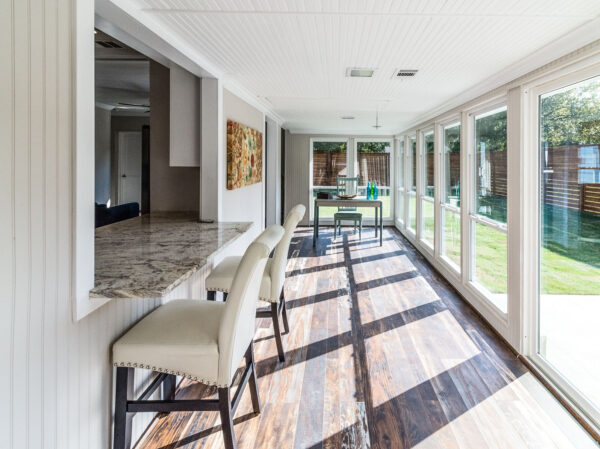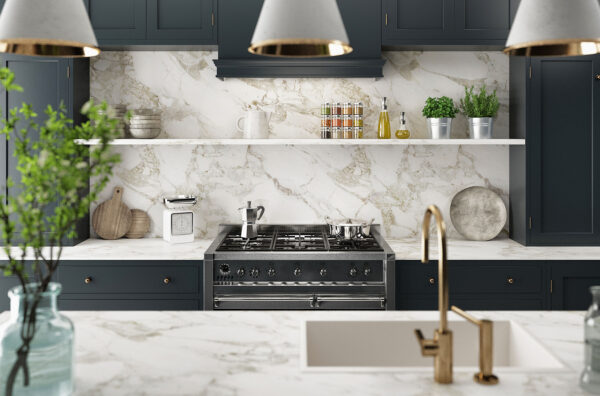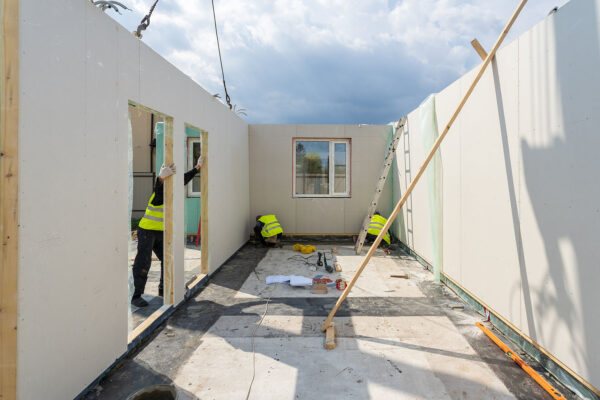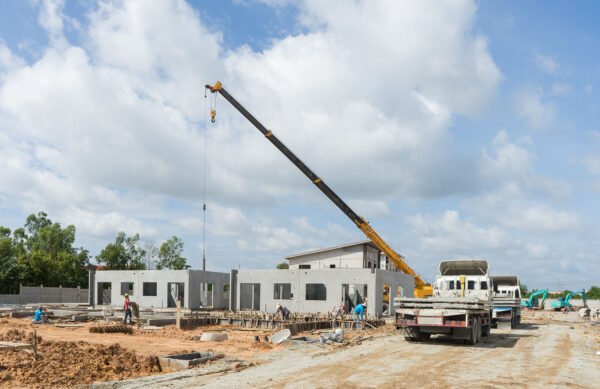The housing market has witnessed a surge in popularity for modular homes in recent years. As an alternative to traditional stick-built homes, modular homes offer a unique blend of affordability, customization, and speed. But like any investment, there are potential upsides and considerations to weigh. Let’s delve into the long-term gains and factors to contemplate when investing in a modular home.
Long-Term Gains
1. Cost Efficiency: Typically, modular homes tend to be more affordable than their stick-built counterparts. This upfront cost-saving can be significant, providing more room for return on investment.
2. Rapid Construction: The time saved in the construction process means you can move in faster or get your property on the rental market more swiftly, leading to quicker returns.
3. Customization: Modular homes can be tailored to specific needs and preferences. This allows homeowners to incorporate features that enhance the home’s long-term value.
4. Energy Efficiency: Many modular homes come with advanced energy-efficient features, translating to long-term savings on utility bills.
5. Resilience: Modern modular homes are built to strict codes and often withstand adverse weather conditions better than some traditionally constructed homes, ensuring longevity.
6. Sustainable Living: As eco-friendliness becomes a more desirable property feature, modular homes often incorporate sustainable materials and practices, adding to their future resale value.
Considerations
1. Financing Challenges: Some lenders are hesitant about modular homes, possibly requiring a higher down payment or offering a higher interest rate. It’s crucial to shop around for a lender familiar with this type of construction. Your agent at Green Valley Homes has dealt with this many times (in just the past week!) so ask about your options and let us guide you through the lending process.
2. Resale Perception: While perceptions are changing, there is a misconception that your resale value is lower with a modular home. Especially in an area like Hocking Hills where land values are climbing, this is not really the case. Modular homes on good land maintain solid resale value.
3. Land Costs: While the house itself may be more affordable, the land’s cost is a separate consideration. Ensure you factor this into your overall budget. Parcel prices in Hocking County may vary wildly compared to Vinton and other surrounding counties, so shop around.
4. Depreciation Factors: Like manufactured homes, older modular homes in particular might face issues of depreciation. However, as the industry evolves and quality increases, this is becoming less of a concern.
5. Zoning and Restrictions: Some areas have zoning laws or covenants restricting modular construction. Before committing, ensure your desired location allows for modular homes. Almost everywhere in Hocking County permits the setting of modular homes.
6. Assembly and Transportation: While modular sections are constructed off-site, transporting and assembling them on your plot incurs costs. It’s vital to factor these into your budget. Ask your agent about the cost of transporting and setting a modular home from Green Valley Homes.
Let’s Go!
Investing in a modular home can offer substantial long-term gains, especially in today’s ever-evolving housing market. They offer a unique blend of modernity, efficiency, and adaptability. However, as with any significant investment, it’s crucial to approach the decision with a well-informed perspective, weighing both the gains and considerations to make the best choice for your financial future.
If you’re considering a modular or manufactured home, this is a great time to buy! Speak with an agent at Green Valley Homes and start shopping floorplans!




